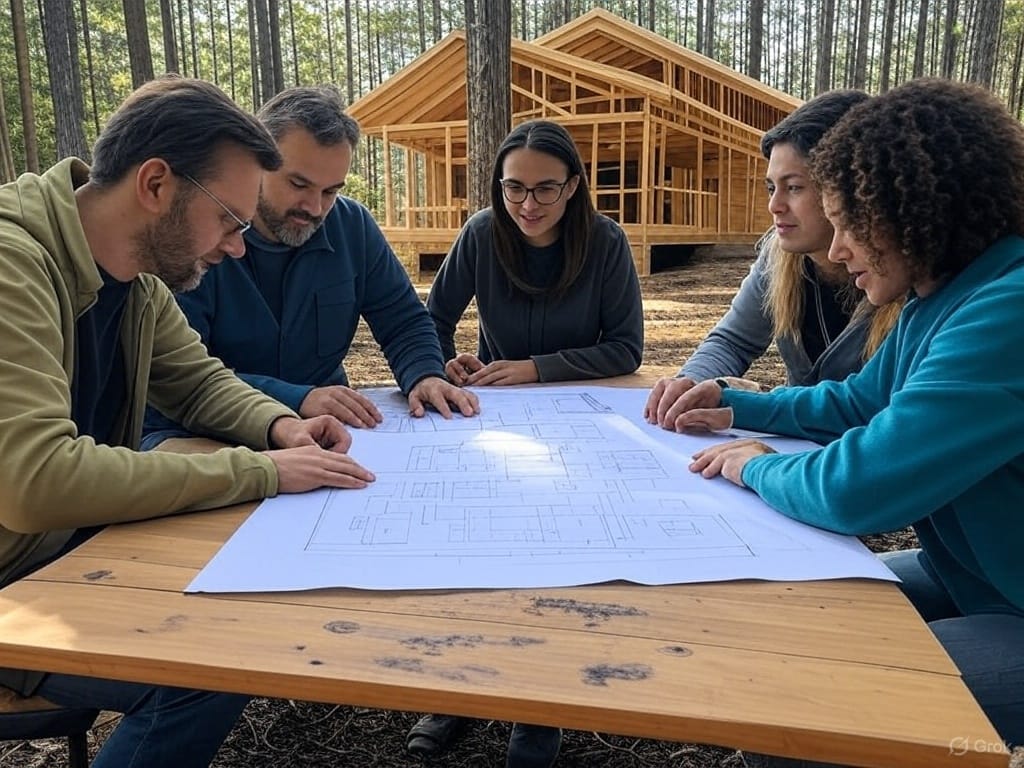How Accountability Builds Thriving Communities
Accountability, when paired with empathetic support, transforms communities into vibrant spaces where members grow together through clear expectations and constructive feedback.

Communities thrive when members feel supported yet challenged to grow through thoughtful accountability. Whether it’s a neighborhood group, a professional network, or an online forum, accountability—balanced with empathy—drives personal and collective progress. This article explores how accountability sparks growth, the importance of support, and practical ways to cultivate it.
The Power of Accountability
Accountability isn’t about rigid rules; it’s about creating a culture where members feel responsible for their actions and invested in each other’s success. For individuals, it provides motivation—like a writer meeting a critique group’s deadline. For communities, it reinforces shared values, fostering trust and purpose. But without support, accountability can feel like pressure, leading to disengagement. The key is balance.
Why Support Comes First
Support is the foundation for accountability. A community that celebrates small wins and offers empathy creates a safe space for growth. In a fitness group, cheering a member’s progress or checking in after a missed workout makes accountability feel like a shared journey, not a chore. Trust, built through care, ensures feedback is received as constructive, not critical.
Crafting Gentle Challenges
Effective accountability hinges on thoughtful challenges. Here’s how to implement them:
- Set Clear Expectations: Co-create specific, achievable goals, like a book club agreeing to read one chapter weekly.
- Offer Constructive Feedback: Frame suggestions positively, e.g., “Adding data could strengthen your presentation.”
- Celebrate Progress: Recognize efforts, big or small, to keep members motivated.
- Stay Flexible: Adjust expectations for individual circumstances to maintain inclusivity.
Building a Culture of Accountability
Fostering accountability requires intention:
- Lead by Example: Leaders should model commitment and openness to feedback.
- Encourage Open Communication: Use check-ins or tools like Slack for virtual groups to track progress.
- Create Safe Spaces: Normalize vulnerability by framing setbacks as learning opportunities.
- Use Tools: Shared calendars or apps make accountability tangible without being rigid.
Overcoming Challenges
Avoid burnout by setting realistic goals, address conflicts with empathy, and ensure accountability doesn’t alienate struggling members. Reach out privately to offer support and keep everyone connected.
Real-World Impact
In a Duolingo study group, Sarah stayed committed to learning Spanish thanks to her group’s daily check-ins. Workplace teams use weekly reviews to balance praise and problem-solving. Grassroots clean-up initiatives thrive when volunteers share tasks and celebrate progress. These examples show how accountability, paired with support, transforms communities.
Conclusion
Accountability, rooted in support, is the engine of community growth. By setting clear expectations, offering constructive feedback, and celebrating progress, communities become spaces where everyone thrives. Take action today: share one goal with your group, commit to a small step this week, and watch how accountability sparks extraordinary growth.





